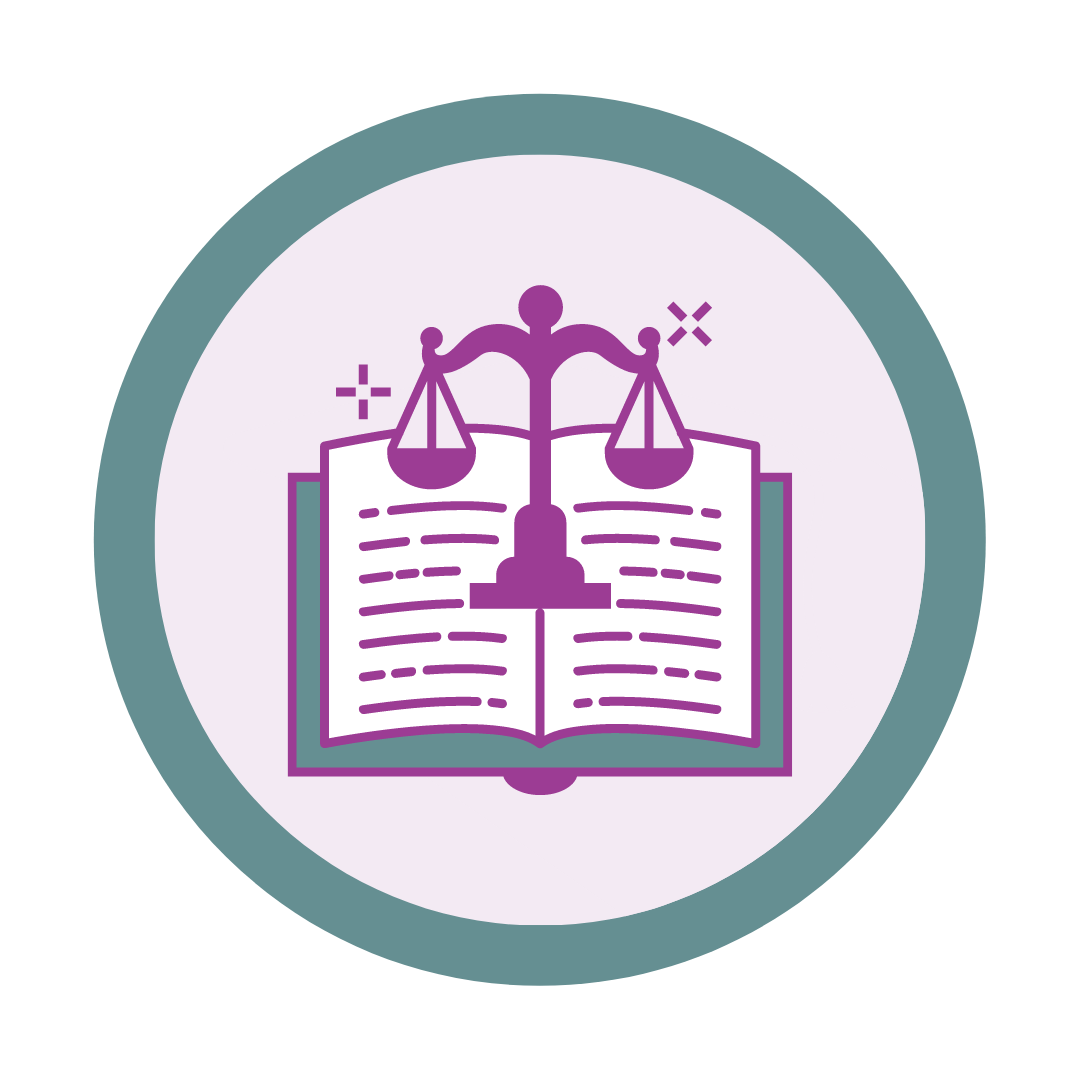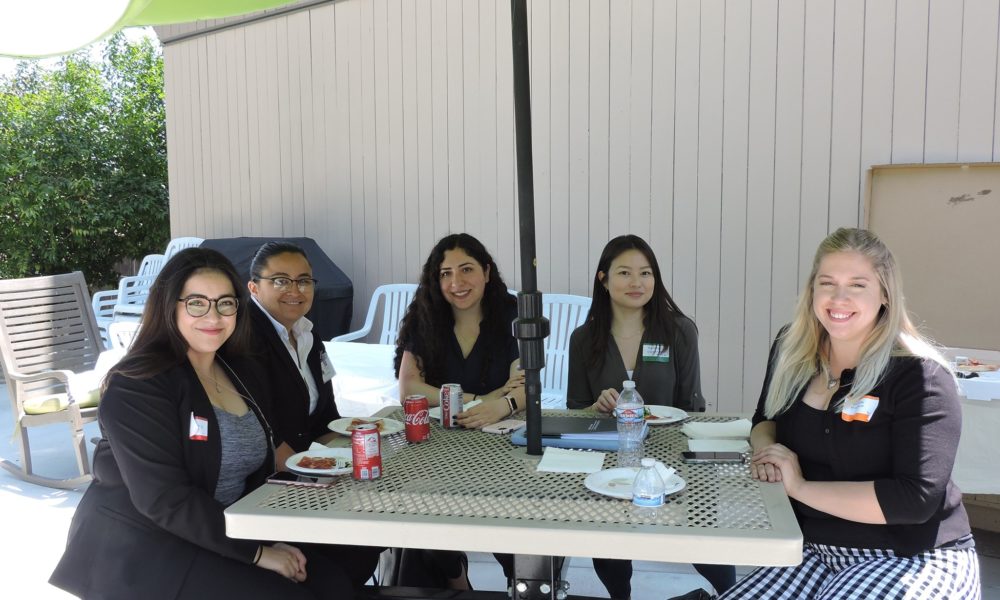Children’s Law Center of California (CLC) offers several opportunities for volunteers, undergraduate students, law students, MSW students, and practicing attorneys to learn more about our organization and get involved in our work at various commitment levels. These opportunities expose students to an array of child and family welfare issues. Learn more about ways to get involved below.
Internships
We welcome the participation of graduate students and undergraduate students throughout the year.
Interns will learn about the social work aspects of our jobs which include: interviewing techniques, assisting with investigations and home visits; or the clerical duties: data input, answering phones, or assisting with the preparation of legal files; the lawyer’s duties: court room exposure, litigation, and trial preparation; or legislative/ policy: how CLC helps design or support legislation to help abused children. Interested students often develop specialized research projects as well.
Interns and volunteers may attend confidential juvenile court proceedings and witness the dynamics of how this system addresses the needs of families in crisis.
To be considered for an upcoming internship, please email internships@clccal.org for more information on how to apply.
Summer Law Clerk Program
We are currently accepting applications for the Summer 2024 term.
The CLC summer law clerk program includes a two-day orientation and training, trips to other courts and facilities that serve abused and neglected children, and regular brown bag training sessions covering topics including trial preparation and advocacy, sexual abuse, The Indian and Child Welfare Act, and delinquency/dependency crossover issues. Students are also encouraged to meet informally with attorneys and hearing officers to reflect on their experiences and observations.
Law Clerk Program
Law clerks and volunteers assist attorneys with trial preparation, witness interviews, research and preparation of motions, custody orders, guardianship papers, subpoenas, and restraining orders. Telephone contact, problem-solving, and monitoring the enforcement of court orders with caretakers, social workers, therapists, and child and adult clients are also essential functions performed by interns. Interested students often develop specialized research projects as well. Clerks and volunteers attend confidential juvenile court proceedings and witness the dynamics of how this system addresses the needs of families in crisis. Monthly in-service training is also offered.


